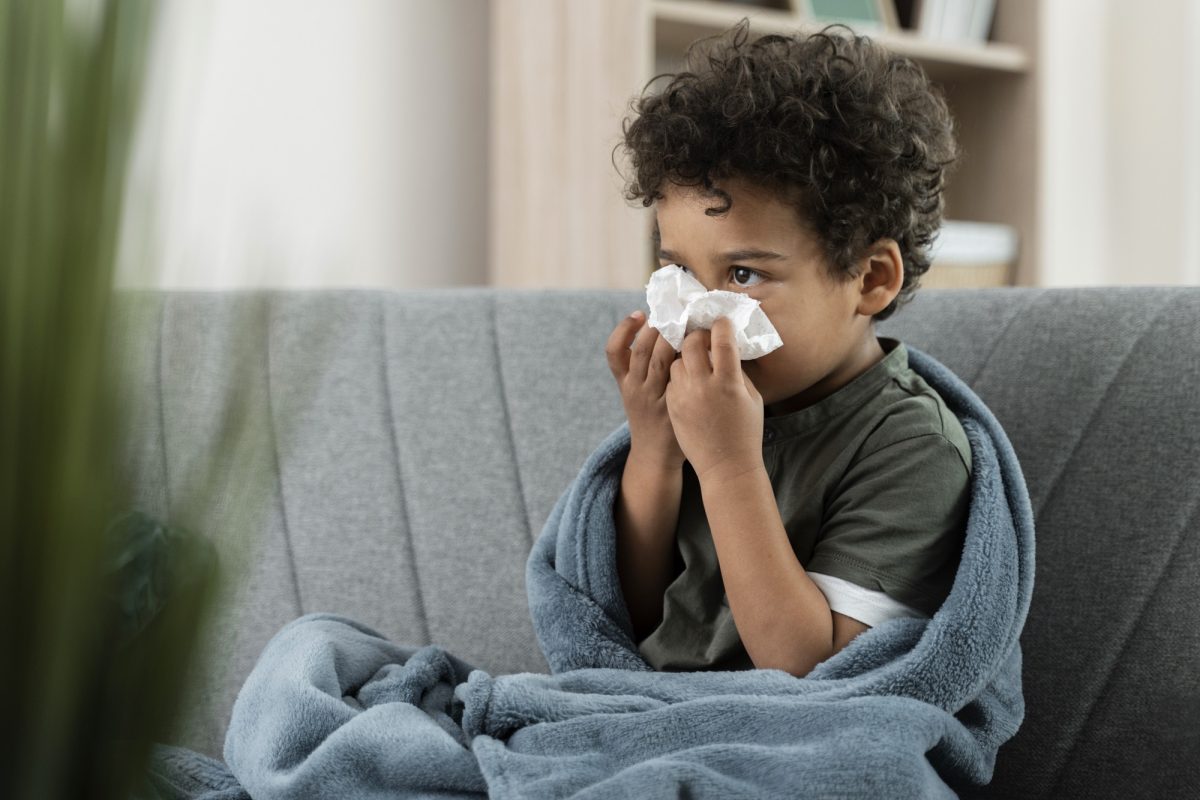We all know that a child needs to be healthy and feeling good in order to learn and be successful. It’s about having those basic needs met.
At Montessori School Bali, we want your child here at school on time, every day, ready to learn. The only exception is when your child is sick. Sometimes that can be a bit of a moving target, so we wanted to share a bit more of how we view the health of the students: what we do every day to monitor student health, and how you can partner with us in that endeavor.
We do all of the following:
• As a first precaution, when you arrive at the covered area of the carpark, the school washing stations (still intact from COVID times) are ready for some handwashing if you like.
• Upon reaching the front gate we are, of course, monitoring the children’s temperatures.
• Before your child enters the classroom, our housekeeping staff ensures that the windows and doors and floors are scrubbed and pristine, and surfaces are disinfected. The teachers also clean the classroom materials regularly.
• Once your student reaches their classroom, they start the day by washing their hands. Good handwashing is the best way to fight germs. Handwashing lessons include the following steps: turn on water, wet hands, apply soap and “make bubbles”. Scrub front and backs of hands, between fingers – even under fingernails. Rinse. Take a towel to dry hands. Once hands are dry, use the towel to turn off the water and put towel in the receptacle.
• Taking off shoes before entering the classroom limits the spread of germs which are carried on footwear keeping the classrooms cleaner.
• As we staff and teachers say, “good morning”, we are also doing a quick health check for any signs of illness. Montessori teachers are keen observers. We look for signs of distress, fatigue, or anything that suggests a child is not at their best.
• Throughout the day we also watch student participation. Are they eating snack as they normally do? Do they seem well rested? Are they participating in activities, alert and fully focused?
If we notice that a child is not able to participate fully (perhaps they are choosing to sit out at recess, or not eating lunch, or can’t attend) you may get a phone call asking you to come pick up your child.
At home, we appreciate you watching for any tell-tale signs of illness: a cough that won’t resolve, chronic runny nose with mucous that is discolored, fever, diarrhea, lethargy, etc. When and if you do identify a symptom, first consider:
• will this be an impediment to my child’s successful school day?
• might this be something that is contagious and could spread through the classroom community? We hate for children to have to be out and miss lessons; it’s not fun when the teachers get sick and have to stay home!
Here is a link to our illness policy and a chart that gives some basic guidelines for when to keep your child home.
Generally speaking, consider:
- Is your child well enough to fully participate in the school day? We know you are attending to this at home. Things can change during the day and take a turn for the worse, so if they do, we will let you know.
- Can your child “manage” their symptoms? If a child is coughing occasionally but knows how to practice good handwashing and cover when they cough, it’s not a big issue. But when a cough is uncontrollable it can be very uncomfortable. And those germs can fly!
- A runny nose should generally resolve when a nose is wiped. If your child’s runny nose continues for over an hour, and especially when mucous is yellow or green, he/she really should stay home.
- Can your child attend school and be comfortable, unmedicated? If you are giving your child medication, often it will wear off while they are here, so we prefer the children are symptom free and unmedicated.
- Is it possible your child’s symptoms are contagious? The ones we worry about most are fever, vomiting and diarrhea, but a strong cold can also take down a classroom!
- Two symptoms are always worse than one. When there is a cough and sneezing or a cough and runny nose, pay attention. Nurses advise this is something to pay attention to.
- If you are having doubts about whether to send your child, trust your instinct; it’s probably best to stay home for a day. So many times, one day of good rest is restorative and healing and they are ready to come back fresh!
The good news is, working together, parents and teachers form a strong team of attentive adults at home and at school. Thank you for watching out for your child’s health and wellness, and also watching out for the rest of the classroom when symptoms of sickness develop.


























